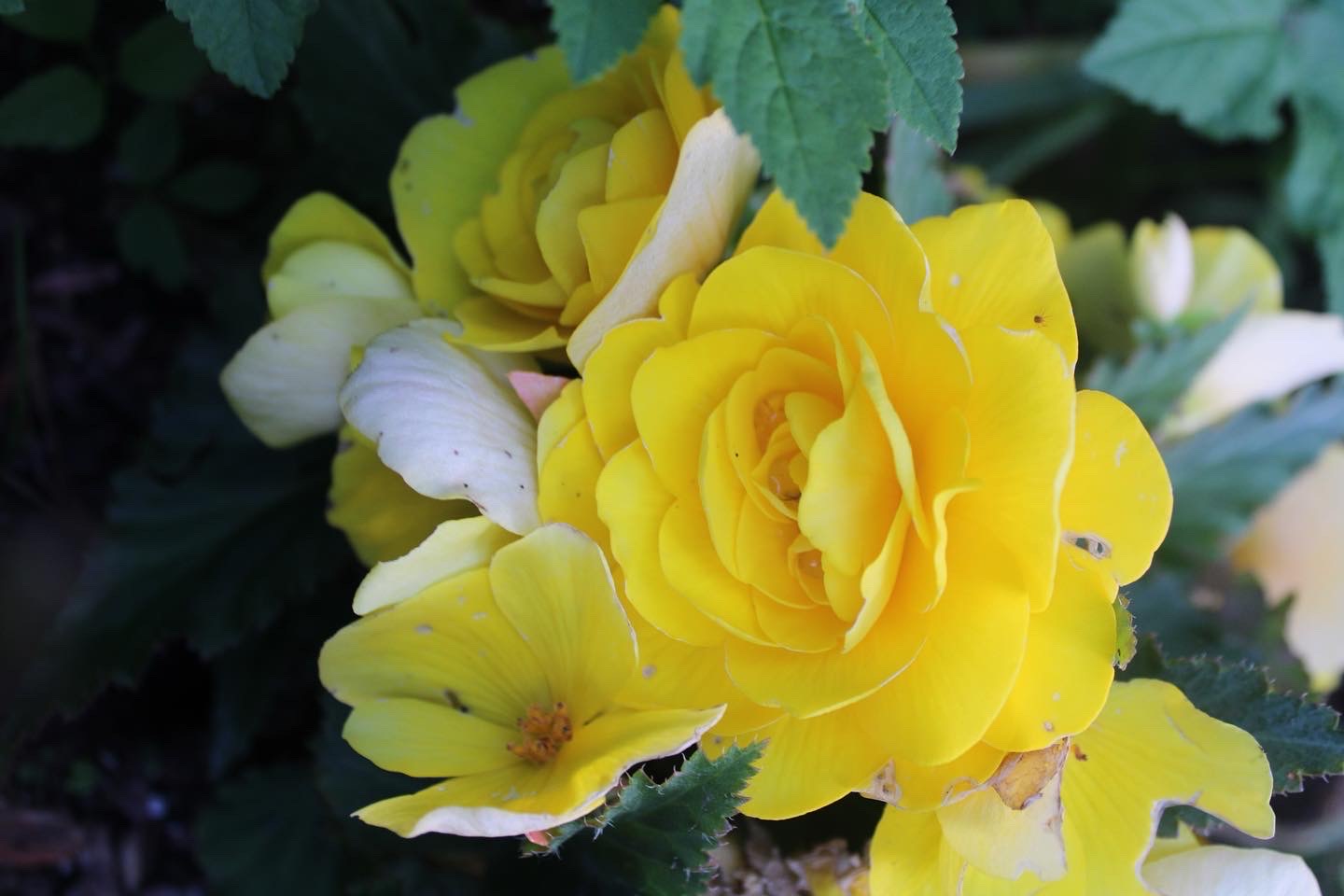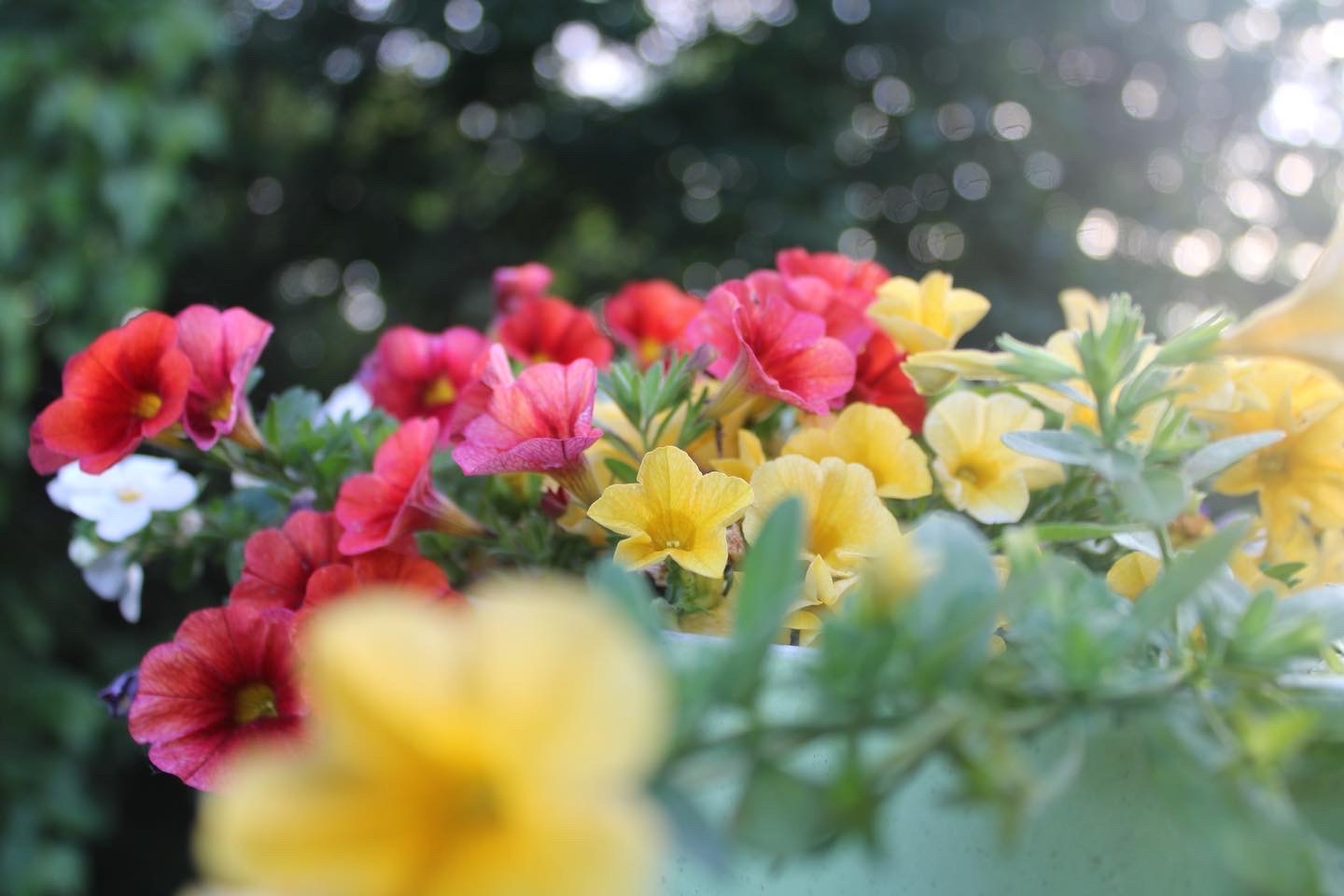Posts Tagged ‘grieving’
What Does Grief Support Look Like?
Post by Maureen Pollard, MSW, RSW
When we experience significant, on-going symptoms of grief that interfere with our adjustment to the reality of our loss, it can be time to seek professional help. It can be difficult to know where to find help and what grief support options are available.
Begin by asking for a referral. Maybe your family or friends have received good grief support they would recommend. Your doctor can typically provide a referral or you can conduct an internet search. When you find a grief support program on the internet, take time to examine the website thoroughly then connect by email or telephone to ask any questions you have before deciding which support might be the best fit for you.
Types of Grief Support:
Individual counselling with a therapist. A professional who has experience and knowledge in the area of dying, death and grief will listen to your story without judgment and then co-create a plan for healing that feels comfortable for you. The time you spend in counselling should be dedicated to your grief, with a focus on helping you find your way through your experience using information, insights and skill of the therapist to help you through the complex feelings and tasks.
Group therapy. This type of support may be led by a professional, or may be offered by peers who have experienced a similar loss. Groups can offer a rich support experience that lets you know you are not alone, and offers you the opportunity to learn from several others living with a similar loss. The time you spend in group will be shared and with a focus on topics relevant to the group’s purpose rather than any one group member’s situation. It’s important to learn about how the group works and what types of activities you’ll experience as you decide whether to try attending a group. If the group is run by peers, ask what type of training and support they received to ensure they’re delivering quality care.
On-line forums. There are many groups and forums focused on grief education and support on the internet. These are easy to access and allow you to participate at your own comfort level, either by simply reading posts or actively sharing your own situation, seeking support and offering support to others. A forum can create a sense of community among its membership, providing a great source of information and support from others who have a similar experience of loss who share what they have learned. In public internet forums there is always a risk of interference by people who post to cause trouble, but private, members-only, moderated forums can significantly reduce this risk.
Remember, whatever type of grief support you try beyond family and friends, don’t be afraid to quit if the style or structure of the support doesn’t feel comfortable or helpful. If you’re still experiencing the symptoms that led to your decision to seek additional help, please don’t stop trying to find the kind of support that can meet your needs. There are many different types of counsellors, groups and forums and it can take some time to find the one that’s right for you. Your healing is worth it!
Tending to My Garden of Grief
By Taylor Bourassa, RP & Professional Art Therapist.
Losing a loved one –whether through death or the end of a relationship, brings up complex emotions, some of which are hard to process. The first major loss I can remember experiencing was when I was quite young and my grandfather died. I barely knew the man, but to this day we still share stories of his impact on my father, his son, my mother, his daughter-in-law, and us, his grandchildren. The memories bubble up slowly and play in my mind like a distorted movie playing on the television screen. It is part of my life I can’t quite recollect without the input of others. Then in my middle teen years I attended a funeral for my grandmother’s sister, and I remember watching the grief flood my grandmother’s face as she dissolved into tears and I wondered: how can I, or any one else hold this grief in the “right” way? How can any of us help ease that pain?
When I was 16 or 17, my cat, who I still recognize as my earliest best friend, developed cancer and needed to be put down. This was the hardest thing I had had to face at that point in my young life. I was faced with what seemed to be inconsolable grief. That same thought bubbled up: how can anyone ease this unbearable pain?
A few years ago I was faced again with the reality of our mortality on this planet Earth when my dog, Roxy, had to be put down due to ailing health and decline. That same question flitted through my mind. Now, at 29, and having faced multiple losses and deaths I finally have some semblance of an answer to that question. It isn’t straightforward, and it probably isn’t universal. But it feels appropriate for me: remember, honour and celebrate. The pain of these losses will more than likely be with me my entire life, until the day I die and pass the pain onto my loved ones left behind. So long as I remember the lives of those I have lost, honour their presence and impact on me and celebrate their spirit, they will continue to live with me and the pain will feel bearable. It will no longer stop me in my tracks. Instead, it will encourage me and propel me forward through the transmutation of that grief into something different, something more nuanced and fluid. I’d like to share a practice for processing grief which I have found to be especially helpful.
Reflect on person or pet that has passed on and write a letter to them. Use recycled, bio-degradable paper to write this letter, so that when you get to the end of this invitation and you plant your letter it will be taken back into the earth and soil.
Imagine the things you appreciate about this person, the memories you two share, the impact they have had on you, and anything you feel has been left unsaid or unexpressed while they were still living. Before you close and seal the letter, read it back to yourself and sit with whatever memories, feelings and thoughts come up. Allow the energy of this person to show up and sit with that felt sense of who they were. When you are ready, fill the envelope with your letter and the seeds of your choice: flowers, fruits or vegetables. Use the seeds which you feel best honours the person. Find a location that is both accessible to you and reflects a space of honouring and celebration. This may be a favourite shared space between the two of you, or a new spot you would like to crop out as a way to honour and remember them. Once you have found your spot, take your letter and your seeds and bury them in this spot. Eventually, the seeds you have planted will sprout and grow, changing the spot into a new gravesite garden. Soon, the biodegradable letter will also be gone, subsumed back into the womb of the earth and soil, feeding the land for the growth and propagation of the flowers you have planted. Maybe these flowers will remain only in the space you created, or, what is more likely, they will be spread on the wind and the legs of bees, and the beaks of birds until the grass beneath is forever changed, peppered with new and continuing growth.
What a beautiful way to honour the deceased: recognizing their continued impact on you and the world around you as they and their memory connects with and returns to the earth. I find this to be a helpful way to process my own grief because it allows me an embodied, tangible and somatic way of addressing, honouring and processing the grief held inside my body. The grief will always be there in some capacity, and now there is a space which I can visit and reflect. The heaviness and weight of the grief is no longer mine alone – the whole earth helps me to carry it. Grief is such a unique, yet universal experience. My own experiencing of grief is all I know for certain, and so I keep searching for answers. I hope that as you navigate your own grief, you can alleviate some of the weight by sharing the load with the natural world around you.
Donna B – “When the death is public”
Donna B – “When the death is public”
Donna discusses healing and a public death. Donna continues to grieve the death her son during service in Afghanistan.
Donna B – “Sharing Stories”
Donna B – “Sharing Stories”
Donna shares a story and explains why it feels so good. Donna continues to grieve the death her son during service in Afghanistan.


